Rising dramatically 588 m (1,929 ft) from the flat Jezreel Valley floor like a perfectly rounded dome, Mount Tabor is one of Israel’s most distinctive natural landmarks. What many visitors don’t realize is that despite its isolated appearance, this mountain isn’t volcanic – it was formed by tectonic movements over 25 million years ago and later shaped by erosion. Today, this biblical mountain attracts thousands of pilgrims and nature enthusiasts alike, offering a fascinating blend of religious significance, historical importance, and natural beauty in one compact destination.
Mount Tabor at a Glance
Located in Lower Galilee, Mount Tabor stands as an iconic landmark with deep religious and historical significance. Christians revere it as the traditional site of the Transfiguration of Jesus, while in Jewish history, it served as the battleground where Deborah and Barak defeated the Canaanite army led by Sisera.
The mountain’s perfectly rounded dome shape rises dramatically from the surrounding Jezreel Valley, creating a striking visual that has captivated travelers for centuries. Today, visitors can explore ancient ruins, visit beautiful churches, hike through lush forests, and enjoy breathtaking panoramic views that stretch from the Sea of Galilee to the distant mountains.
Mount Tabor Quick Facts
- Height: 588 m (1,929 ft)
- Location: Lower Galilee, 18 km west of the Sea of Galilee
- Significance: Traditional site of Transfiguration of Jesus; Battle of Deborah and Barak
- Main Attractions: Church of Transfiguration, Greek Orthodox Church, hiking trails, panoramic views
- Best Time to Visit: March-May and September-November
Getting There & Planning Your Journey
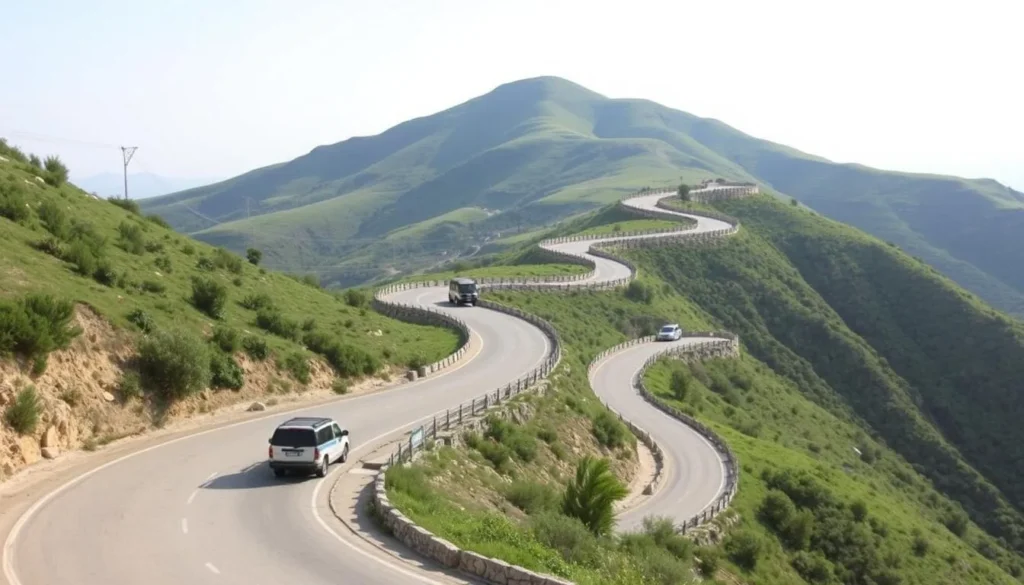
Mount Tabor is located in northern Israel, approximately 18 km west of the Sea of Galilee and about 9 km east of Nazareth. Most visitors reach the mountain as part of a day trip from nearby cities.
From Major Cities
- From Tel Aviv: 130 km (81 miles), approximately 1.5-2 hours by car
- From Jerusalem: 160 km (99 miles), approximately 2-2.5 hours by car
- From Haifa: 55 km (34 miles), approximately 1 hour by car
- From Tiberias: 30 km (19 miles), approximately 35 minutes by car
Transportation Options
- Rental Car: The most flexible option for exploring the region
- Public Bus: Limited service to nearby towns, but not directly to the mountain
- Organized Tours: Many tour companies offer day trips from major cities
- Taxi: Available from nearby towns like Nazareth or Afula
Important Note About Access
The road to the summit is narrow with sharp switchbacks, making it unsuitable for large vehicles. If you’re driving a rental car, you can park at the base and take a shuttle or taxi to the top. Most tour buses stop at the base where passengers transfer to smaller vehicles for the ascent.
Best Time to Visit & Weather Tips
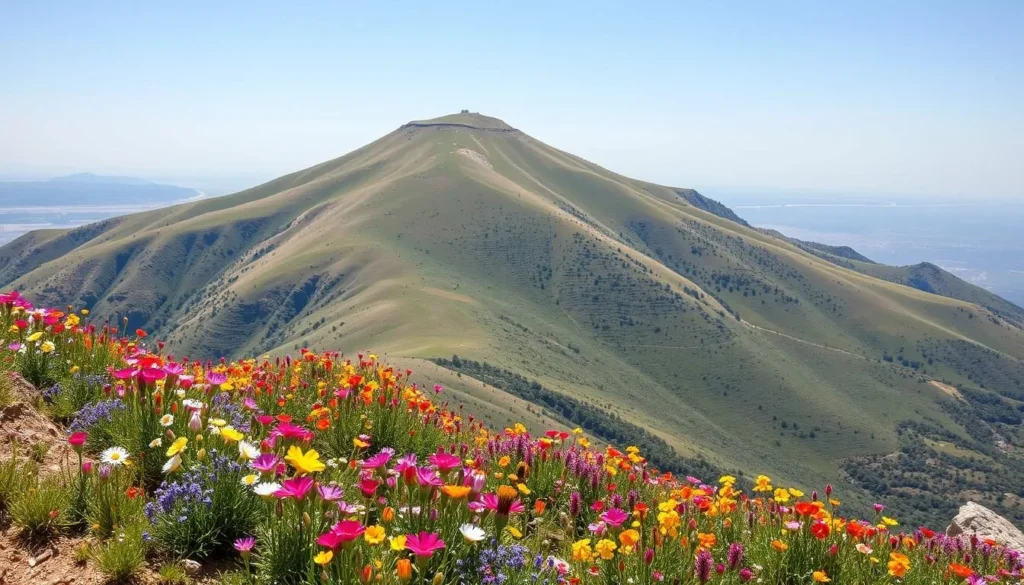
Recommended Seasons
The best times to visit Mount Tabor are during spring (March to May) and autumn (September to November) when temperatures are mild and comfortable for hiking and sightseeing.
- Spring (March-May): Temperatures range from 15-25°C (59-77°F). The landscape is lush and green with beautiful wildflowers in bloom.
- Autumn (September-November): Temperatures range from 18-28°C (64-82°F). Clear skies offer excellent visibility for panoramic views.
Seasons to Avoid
While Mount Tabor can be visited year-round, certain seasons present challenges:
- Summer (June-August): Temperatures can reach 30-35°C (86-95°F), making hiking uncomfortable, especially during midday.
- Winter (December-February): Temperatures range from 8-15°C (46-59°F). Occasional rain can make trails slippery, and foggy days may obscure the views.
Pilgrim Considerations
If you’re visiting for religious purposes, be aware that Christian holy days and Easter season (which varies annually) bring larger crowds to the churches on Mount Tabor. The Feast of the Transfiguration on August 6th is particularly busy. Plan accordingly if you prefer a more contemplative experience.
Getting Around Locally
Once you arrive at Mount Tabor, you have several options for exploring the mountain and its attractions:
Summit Transportation
- Shuttle Service: Small shuttle vans operate from the parking area at the base to the summit for a reasonable fee.
- Local Taxis: Available at the base of the mountain, especially near the village of Shibli.
- Hiking: For the adventurous, several marked trails lead to the summit (approximately 1-2 hours depending on the route).
Exploring the Summit
- On Foot: The summit area is compact and best explored on foot. Most attractions are within a 10-15 minute walk of each other.
- Guided Tours: Available at both churches, offering historical and religious context.
- Circular Trail: A 2.5 km trail circles the summit, offering panoramic views in all directions.
Where to Stay
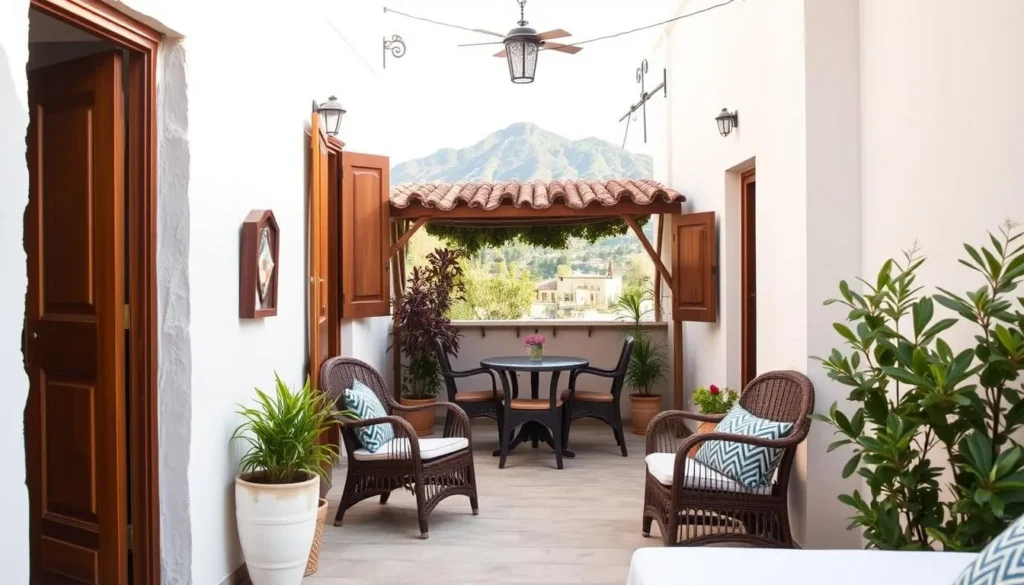
While there are no accommodations on Mount Tabor itself, several options are available in the surrounding area, from budget-friendly guesthouses to comfortable hotels:
Nearby Villages
The villages of Shibli and Kfar Tavor at the base of the mountain offer authentic local experiences:
- Family-run guesthouses
- Bed and breakfasts
- Local hospitality
- 5-10 minute drive to the mountain base
Nazareth (15 km)
The largest nearby city offers the most accommodation options:
- Historic boutique hotels
- International hotel chains
- Religious guesthouses
- Wide range of dining options
Tiberias (30 km)
Located on the Sea of Galilee with many tourist facilities:
- Lakefront resorts
- Spa hotels
- Budget accommodations
- Good base for exploring the Galilee region
Dining & Local Cuisine

The Galilee region is known for its fresh, flavorful cuisine that blends Arab, Jewish, and Mediterranean influences. While dining options on Mount Tabor itself are limited, you’ll find excellent food in the surrounding area:
On the Mountain
- Monastery Café: Simple refreshments and light meals near the Franciscan church
- Food Stands: Seasonal vendors selling snacks and drinks
- Picnic Areas: Several designated spots with beautiful views
Traveler Tip
Bring water and snacks if you plan to spend several hours hiking or exploring the mountain, especially during summer months when options may be limited.
Local Specialties to Try
- Galilean Breakfast: Fresh labneh (strained yogurt), local olive oil, za’atar, and warm bread
- St. Peter’s Fish: Tilapia from the Sea of Galilee, often served whole
- Druze Pita: Thin bread filled with labneh or other local ingredients
- Galilean Wine: The region produces excellent wines, particularly from Cabernet and Merlot grapes
Nearby Dining Options
Shibli Village
At the base of Mount Tabor, offering authentic Arab cuisine:
- Traditional home-style cooking
- Fresh local ingredients
- Family-run establishments
Kfar Tavor
A short drive away with several good options:
- Local wineries with food
- Farm-to-table restaurants
- Casual cafés
Nazareth
The widest selection of dining options:
- Traditional Arab restaurants
- Modern Israeli cuisine
- International options
Attractions, Sightseeing & Activities
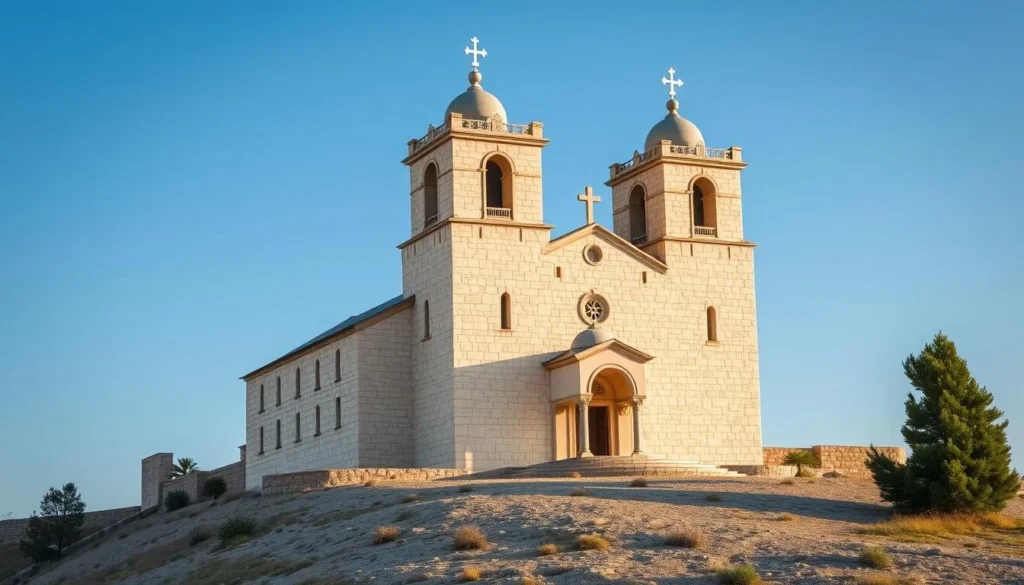
Mount Tabor offers a rich blend of religious, historical, and natural attractions that appeal to various interests:
Religious Sites
Franciscan Church of the Transfiguration
Built in 1924 on the ruins of earlier Byzantine and Crusader churches, this impressive basilica commemorates the Transfiguration of Jesus. The church features:
- Beautiful mosaics depicting biblical scenes
- Three grottoes representing the shelters Peter offered to build
- Archaeological remains visible beneath glass floors
- Spectacular views from the church grounds
Greek Orthodox Church of St. Elias
Located on the northeastern part of the summit, this church is known for:
- Traditional Byzantine architecture
- Beautiful iconostasis and religious artwork
- Ancient cave beneath the church
- Limited opening hours – check before visiting
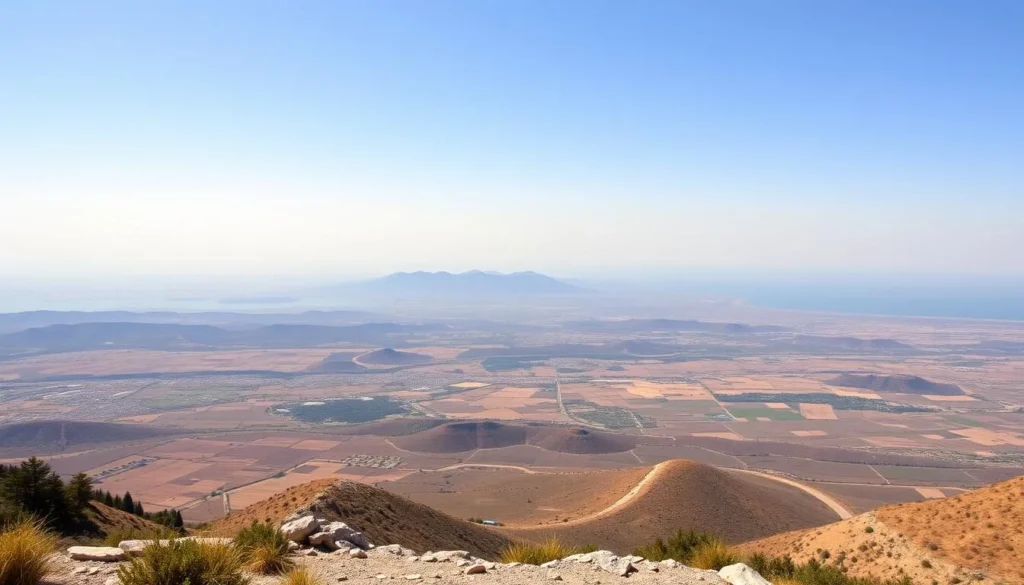
Natural Attractions & Activities
Hiking Trails
Several marked trails of varying difficulty offer excellent opportunities to explore the mountain:
- Summit Loop Trail (Black Trail): 2.5 km circular path around the summit with panoramic views
- Ascent Trail (Green Trail): Starts from Shibli village and climbs to the summit (challenging)
- Israel National Trail: Passes through Mount Tabor as part of its north-south route
Viewpoints & Natural Features
- Jezreel Valley Lookout: Spectacular views of the “Valley of Armageddon”
- Mount Tabor Oak Forest: Ancient oak trees unique to this region
- Spring Wildflowers: Impressive display of orchids, cyclamen, and anemones (February-April)
- Paragliding: Mount Tabor is a popular launch site for paragliders (with proper permits)
Historical Significance
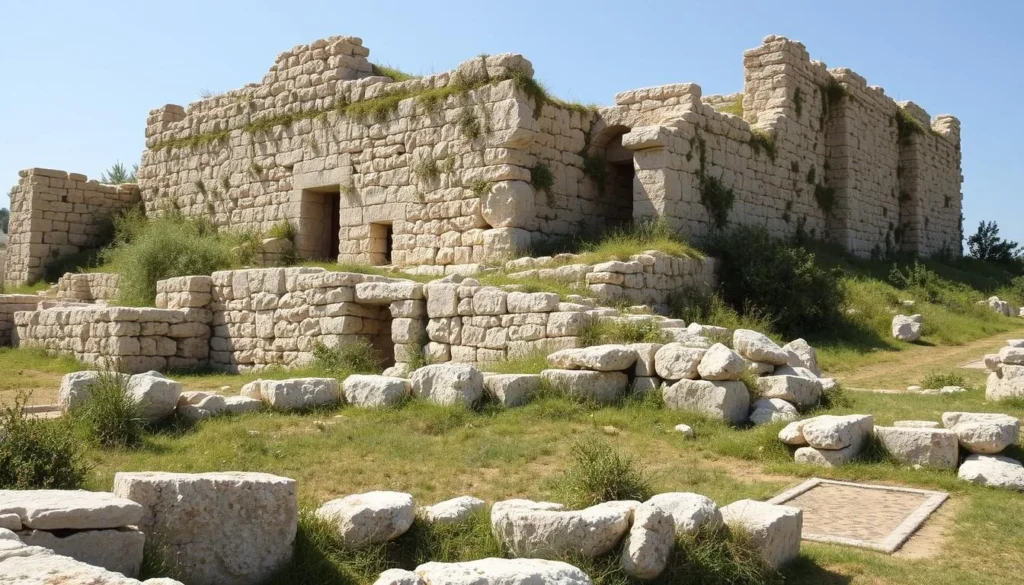
Biblical Connections
Mount Tabor features prominently in both the Old and New Testaments:
- Deborah and Barak: In the Book of Judges, Mount Tabor was the gathering place for Israelite forces before their victory over the Canaanite army led by Sisera
- Transfiguration: Christian tradition identifies Mount Tabor as the “high mountain” where Jesus was transfigured before Peter, James, and John (though some scholars suggest Mount Hermon)
- Tribal Boundary: Mentioned as a border marker between the tribes of Zebulun, Issachar, and Naphtali
Later History
The mountain has witnessed numerous historical events:
- Roman Period: Josephus fortified Mount Tabor during the First Jewish Revolt (66-73 CE)
- Byzantine Era: First churches built to commemorate the Transfiguration
- Crusader Period: Fortress and monastery constructed on the summit
- Ottoman Era: Site of battles during Napoleon’s campaign in 1799
- Modern Era: Restoration of churches and development as a nature reserve
Practical Travel Tips

What to Bring
- Water: Bring at least 1.5 liters per person, especially in summer
- Sun Protection: Hat, sunscreen, and sunglasses
- Comfortable Shoes: Hiking or walking shoes with good grip
- Modest Clothing: For visiting religious sites (shoulders and knees covered)
- Camera: The views are spectacular
Visiting Hours & Fees
- Nature Reserve: Open daily from 8:00 AM to 5:00 PM (4:00 PM in winter)
- Franciscan Church: 8:00 AM to 12:00 PM and 2:00 PM to 5:00 PM
- Greek Orthodox Church: Limited hours, usually mornings only
- Entrance Fee: The nature reserve is free, but there may be parking fees at the base
- Shuttle Service: Approximately 30-50 NIS per person (round trip)
Safety & Etiquette
- Hiking Safety: Stay on marked trails and bring sufficient water
- Church Etiquette: Speak quietly, dress modestly, and follow photography rules
- Wildlife: Respect nature and don’t feed animals
- Fire Safety: No smoking or open flames in forested areas
- Local Customs: Respect private property and local traditions
Accessibility Note
While shuttle services make the summit accessible to most visitors, those with mobility challenges should be aware that the historical sites and trails may have uneven surfaces and steps. The churches have limited accessibility features, though the main areas can be reached with assistance.
Why Mount Tabor Should Be On Your Israel Itinerary
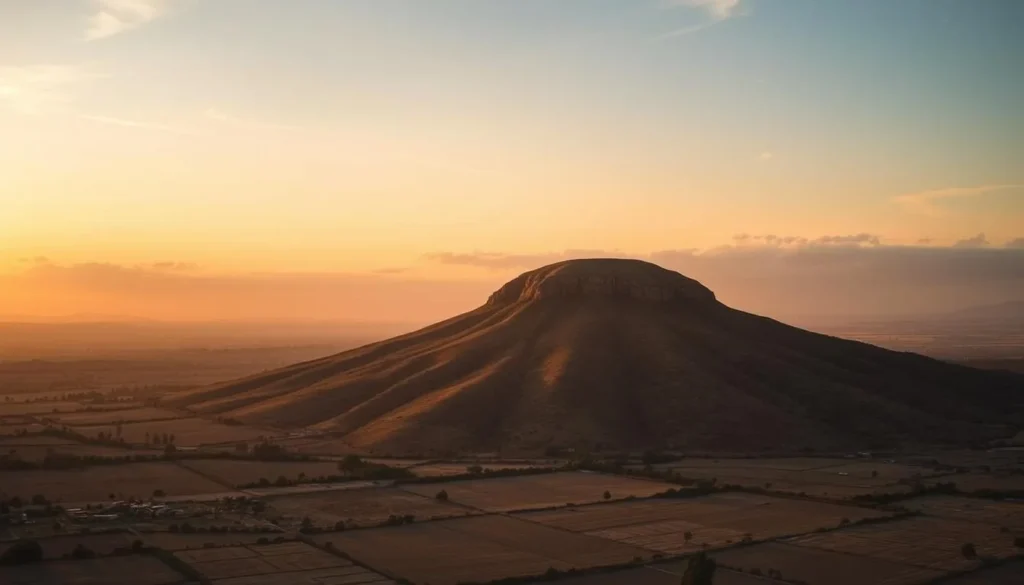
Whether you’re drawn by religious significance, historical interest, or natural beauty, Mount Tabor offers a unique experience that combines all three in one remarkable destination. Its strategic location in the Galilee makes it an easy addition to any northern Israel itinerary, and the panoramic views alone are worth the journey.
From walking in the footsteps of biblical figures to hiking through ancient oak forests, Mount Tabor provides a perfect balance of spiritual reflection and outdoor adventure. The mountain’s distinctive shape rising from the Jezreel Valley creates an unforgettable landmark that has captivated travelers for millennia – and continues to do so today.
As you plan your Israel journey, consider setting aside at least half a day to explore this magnificent mountain. The memories of standing where history and faith intersect, while gazing across the breathtaking landscape of the Holy Land, will remain with you long after your travels end.
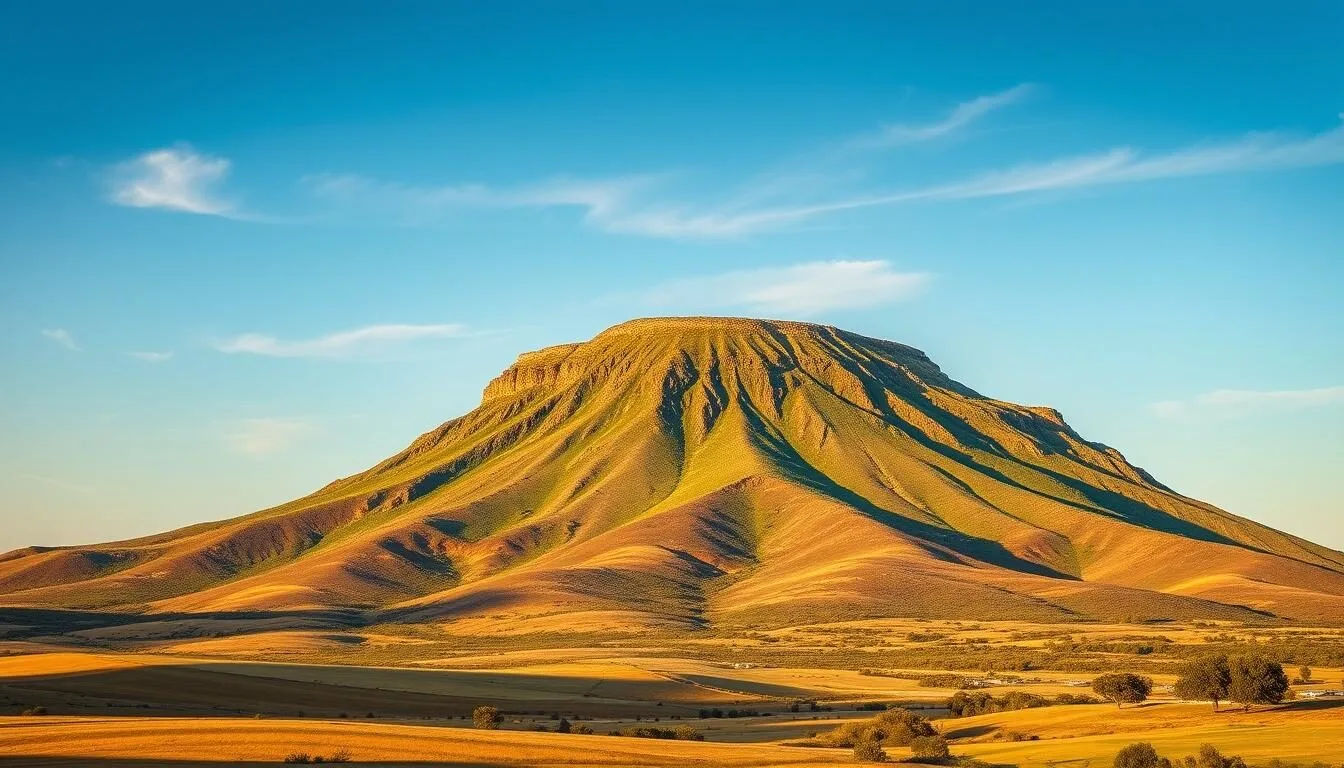

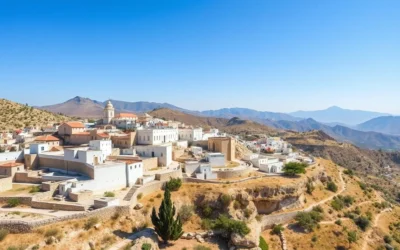
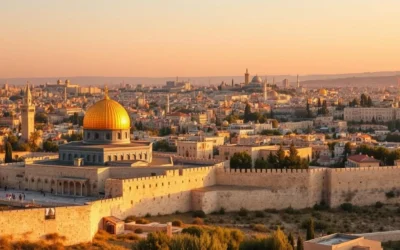

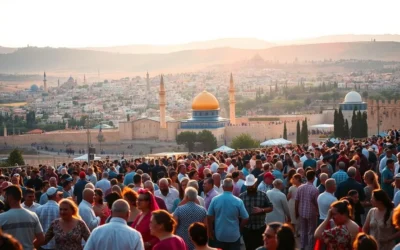
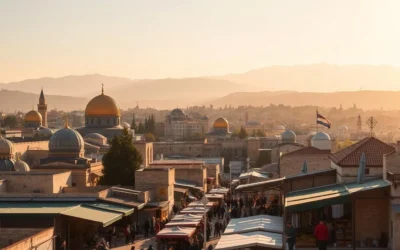
0 Comments